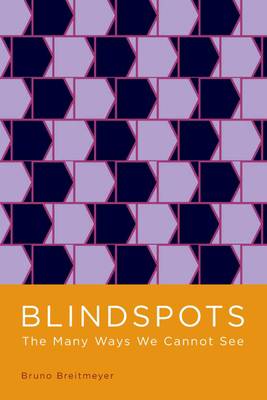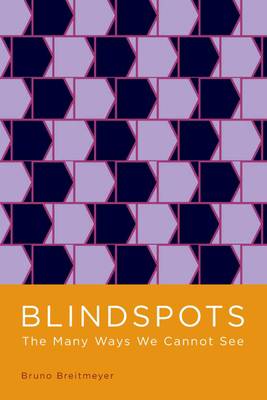
Je cadeautjes zeker op tijd in huis hebben voor de feestdagen? Kom langs in onze winkels en vind het perfecte geschenk!
- Afhalen na 1 uur in een winkel met voorraad
- Gratis thuislevering in België vanaf € 30
- Ruim aanbod met 7 miljoen producten
Je cadeautjes zeker op tijd in huis hebben voor de feestdagen? Kom langs in onze winkels en vind het perfecte geschenk!
- Afhalen na 1 uur in een winkel met voorraad
- Gratis thuislevering in België vanaf € 30
- Ruim aanbod met 7 miljoen producten
Zoeken
Omschrijving
Sight can be so effortless, so useful, and so entertaining--the average human can distinguish several million colors; a falcon can see a fencepost from three thousand yards--that we never stop to think about how complex a process it is and how easily it can fail us. We never have as clear and complete a picture of the world around us as we think we do. The gaps between what our eyes take in and what is in our mind's eye provide the unifying theme in Bruno Breitmeyer's wide-ranging volume. In his fascinating account of the many ways that our eyes, and minds, both see and fail to see, Breitmeyer moves from cataracts and color blindness through blindsight, acquired dyslexia, and visual agnosias, including fascinating cases like the woman who did not know what she was seeing was a dog until it barked. He then uses what we've learned about the limits of our sight to illustrate the limits of our ability to mentally visualize and our ability to reason, covering everything from logical fallacies to how our motives and emotions relentlessly color the way we see the world. This book will intrigue anyone interested in how easily we can fail to capture the world around us without even realizing it.
Specificaties
Betrokkenen
- Auteur(s):
- Uitgeverij:
Inhoud
- Aantal bladzijden:
- 288
- Taal:
- Engels
Eigenschappen
- Productcode (EAN):
- 9780195394269
- Verschijningsdatum:
- 12/04/2010
- Uitvoering:
- Hardcover
- Formaat:
- Genaaid
- Afmetingen:
- 142 mm x 211 mm
- Gewicht:
- 589 g

Alleen bij Standaard Boekhandel
+ 225 punten op je klantenkaart van Standaard Boekhandel
Beoordelingen
We publiceren alleen reviews die voldoen aan de voorwaarden voor reviews. Bekijk onze voorwaarden voor reviews.









